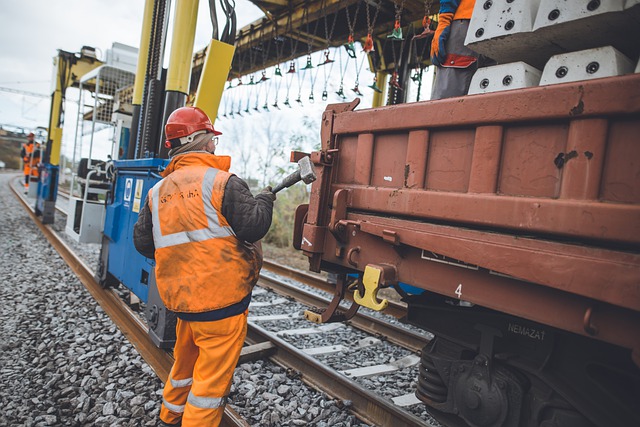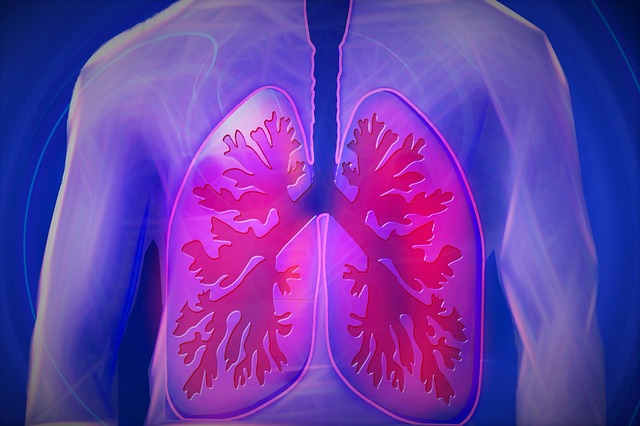
When most people think of railroad workers, they picture workers who work on trains moving passengers and freight between different cities and states. However, a large percentage of railroad workers work in railroad repair shops. These repair shops can be responsible for repairing both diesel locomotives (“diesel repair shops”) or railroad cars and rolling stock (“car shops”). Across the United States, tens of thousands of workers have worked in these two different types of railroad shops over the last 50 years, including machinists, sheet metal workers, pipefitters, laborers, locomotive electricians, carmen, car repairmen, welders, and other crafts.
Like all railroad workers, shop workers are regularly confronted with various occupational hazards. These hazards involve slippery walking surfaces, unsafe stairways, unprotected drop pits, falling objects, and lifting injuries. Some of the greatest threats to the health of railroad shop workers over the last several decades were the toxic dusts and fumes that were breathed in and caused lung injury or cancer over time. The law firm of Doran and Murphy has decades of experience in representing railroad shop workers in all these types of injuries.
Recently our firm represented a diesel repair shop worker who had cancer due to long-term exposure to asbestos, diesel exhaust and welding fumes. Not surprisingly, the railroad denied that any hazardous exposures took place in this diesel repair shop at any point in the last fifty years! In the course of working on this case, our office reached out to number of coworkers and uncovered some “smoking gun” evidence which clearly showed that not only were there unsafe exposures but the railroad was well aware of these hazards going back decades. These documents included a letter written by the International Associations of Machinists (IAM) in 1983 warning the railroad about the excessive level of diesel exhaust fumes in the shop and the risk of injury. Another complaint from 1980 in this same diesel shop advised railroad management that the diesel fumes were so thick that workers couldn’t see 30 feet in front of them and that these fumes would burn their eyes and throats. A 1977 complaint filed by one of the labor unions with railroad management warned that “there is no doubt you are aware of the fact that smoke and/or toxic fumes are a problem, and have been for the past several years…” When an OSHA inspection officer tried to visit this diesel shop in 1978, he was turned away, with the railroad employing a typical argument used at the time that OSHA did not have jurisdiction over railroads because they were covered by the FRA. Today there is no doubt that OSHA regulations cover railroad workers employed in railroad repair shops.
Documents such as these listed above can be critical to show that the railroad is not being forthright when they deny the existence of air quality problems in repair shops. Doran and Murphy has an impressive collection of such documents for railroad shops all across the country which we have used in many cases to help obtain compensation for rail workers and their families. We are always looking for more documents to add to our collection. If you are a railroad worker who has any documents or written complaints, no matter how old they are, which establish that the railroad knew about these poor working conditions, please send us copies of these documents so they can be used to help fellow railroad workers. If you are a railroad shop worker who has suffered from cancer (mesothelioma, lung, throat, laryngeal, esophageal, colon, bladder, kidney, leukemia) or lung disease (pulmonary fibrosis, asbestosis, silicosis), call us today to learn about your rights to compensation.





